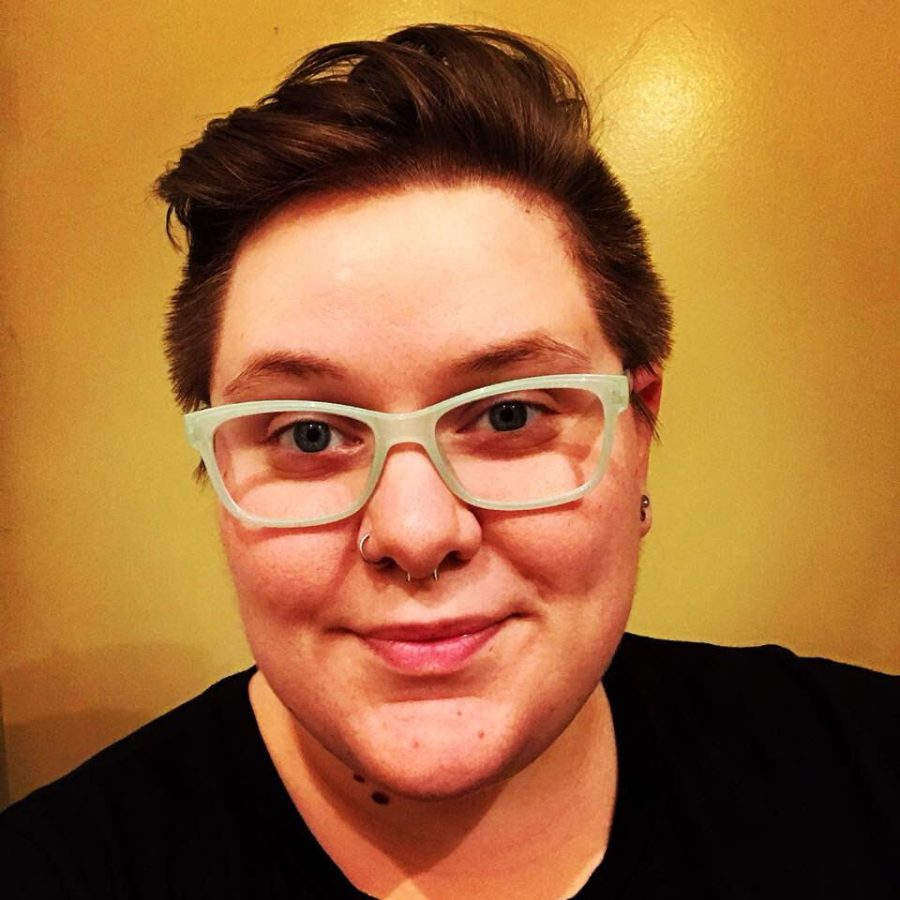Kent town hall discusses safe spaces in education
September 26, 2021
Education is a necessary part of growth, but it is often inaccessible, Lo Denmon, assistant director of the LGBTQ+ Center, told a Kent State town hall Thursday. As a queer first-generation college student, Denmon had to navigate unfamiliar territory.
“It meant learning to fit into spaces that weren’t meant for me,” Denmon said.
Denmon spoke at “Empowering Kent State: Valuing the Strength of Diversity,” the first town hall of a series that will continue through the 2021-2022 academic year. The town hall is one aspect of Kent State’s latest commitment to diversity, equity and inclusion.
This installment focused on finding safe spaces in academia. Alongside Denmon, Pan-African studies professor Mwatabu Okantah and theatre professor Yuko Kurahashi served as featured speakers.
The series is moderated by associate professor Gumiko Monobe and the vice president of the Division of Diversity, Equity and Inclusion, Amoaba Gooden. Monobe, who is originally from Japan, moved to the United States about 20 years ago to pursue graduate school. Despite her experience in academia, she still comes across barriers.
“Yesterday night I couldn’t sleep well,” Monobe said. “I was very nervous. One of the reasons is I’m always conscious of my English.”
Sharing this vulnerability with the town hall was important to Monobe because she said exposure to diverse stories allows the community to learn and thrive. Having these conversations is beneficial for the overall health of the university.
These conversations are sometimes sparked by action. Okantah discussed the Black students’ walkout in 1968, which was held to gain the attention of the administration. The demands: a space of their own on campus, more Black faculty and more courses in Black history.
“It wasn’t just enough for Black students to be on campus,” Okantah said.
The walkout led to the creation of the Center of Pan-African Culture, which is housed in Oscar Ritchie Hall. It now serves as a home for the Black United Students organization and hosts classes on Black history. However, this center, a safe space for Black students and faculty, remains a mystery to those outside the Black community.
“All the time I have people tell me they’ve never been into Oscar Ritchie Hall, and when they come into Oscar Ritchie Hall, they are surprised by what they see,” Okantah said.
Students flock to cultural centers because they are the minority elsewhere on campus. The centers become a place for students to grow outside of the classroom. Denmon said while they did not want anyone to feel unwelcome in spaces like the LGBTQ+ Center or the Center of Pan-African Culture, it is important to note these spaces exist to serve their communities.
“I want to challenge folks to go explore those spaces,” Denmon said. “Go be in those spaces. Go be the person who is in the minority in those spaces if you aren’t in other places that you exist.”
Reegan Saunders is a reporter. Contact them at [email protected].












